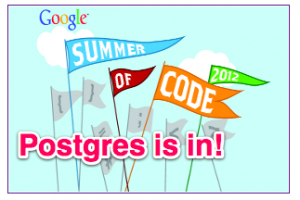I can’t remember where I first heard about desire paths.
Landscapers are apparently the people who know the most about this phenomenon in modern life. But we all see it – the worn footpath next to the sidewalk bit that didn’t quite curve enough or the improvised bike path next to the stairs in a grocery parking lot. People find their own way.
There’s a critical new skill people are developing around quantified self. And I think that skill set lies at the intersection of desire paths, habit formation and self-observation.
Continue reading


